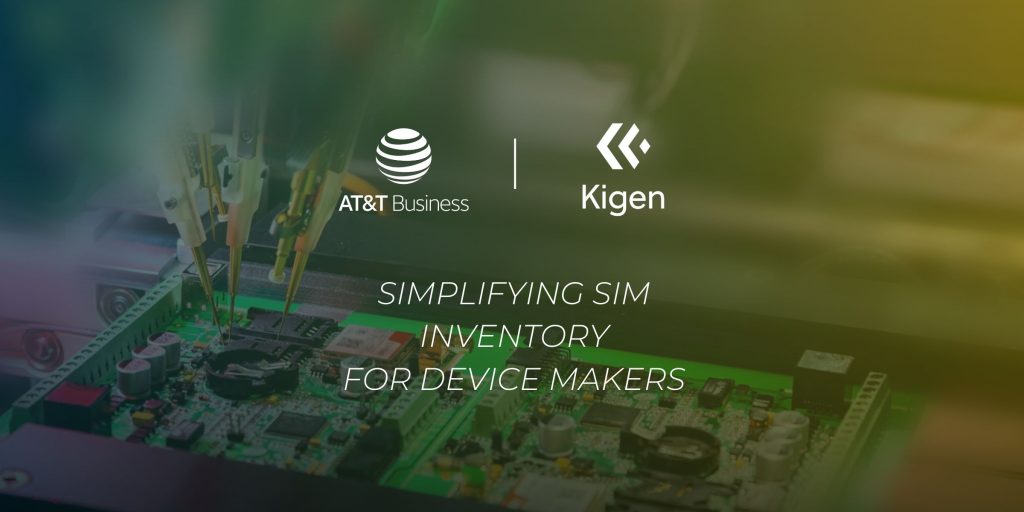
- Resources
- Blog
How eSIM optimizes operations and improves outcomes in industrial IoT
These industrial eSIM use cases are very promising
Smart manufacturing
Flexible and updatable network access and redundancy allow a constant feed of valuable insights back from the factory floors to the operations hub.
Shipping and logistics
Know the exact location and condition of supply and inventory goods in real-time during shipment though connectivity as a local subscriber on any local network.
Key benefit: Makes it possible to provide shipment of higher value assets at reduced tracking costs. Offering live, global condition monitoring and location en-route without the hassle of physical SIM swapping.
Item tracking and site monitoring
Provides a flexible and remotely manageable connectivity option and can still change profiles with Remote Sim Provisioning (RSP) as items move across borders.
Key benefit: Even when operators have multiple facilities in different regions, they can easily continue to monitor of their facilities and equipment.
Smart energy
Increased cellular connectivity provides broader supply-chain choices, and the ability to deploy smart meters across entire regions with ease.
Key benefit: Utility providers are no longer locked in with one network operator for the entire lifetime of devices, plus it avoids the potential cost and hassle of physical SIM swaps
Newsletter Sign-up// – Light Gray Inline
Sign-up for our newsletter to receive the latest from Kigen.
Agriculture
Provides reliable connectivity and coverage to rural areas, offers efficient use of smart agriculture applications, and tracks and monitors equipment, livestock, and people with many sensor devices across broad geographical regions.
Key benefit: A cost-effective and flexible option that works in flat or rugged terrain can minimize machine maintenance service calls.
Industrial wearables
Register devices and applications for each worker to receive information quickly without leaving their post for access. Or, provides reliable coverage as they move locations to test products.
Key benefit: Minimize downtime and reduce the potential for tampering
Security: the built-in benefit eSIM brings to any device.
The risk to an IoT device estate grows as the attack surface increases. Thankfully, the eSIM offers an enormous security advantage as it’s a soldered component that’s embedded within the device. It’s harder to identify and less accessible for physical inspection-based attacks. GSMA specification compliance for eSIM technology also maintains security. So, no matter the industrial application, companies can rest assured that chip-to-cloud security means trusted decisions.
Kigen’s eSIM and iSIM solutions simplify the management of secure device identity through embedded SIMs (eSIMs) and integrated SIMs (iSIMs). Kigen’s solutions can:
- Help manage device identities with a provisioning server solution compliant with GSMA eUICC specifications.
- Implement RSP and over-the-air profile programming functionality with APIs.
- Make integration into management platforms easier.
Download our guide to Embedded SIM (eSIM) for industrial IoT.



